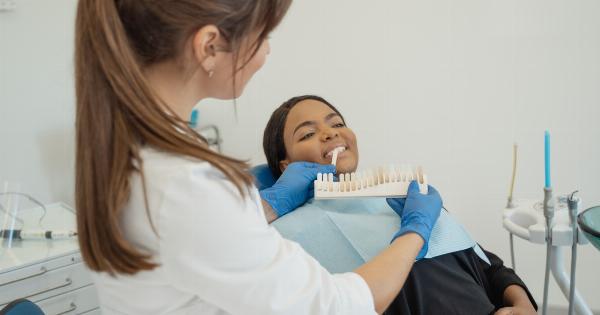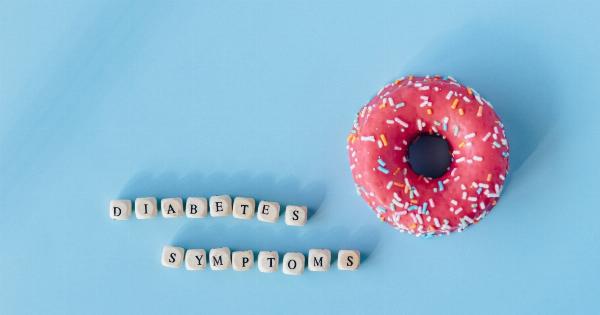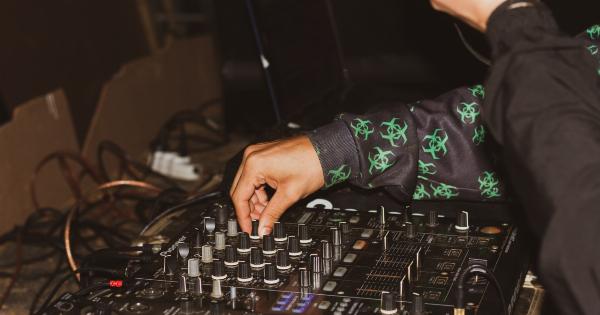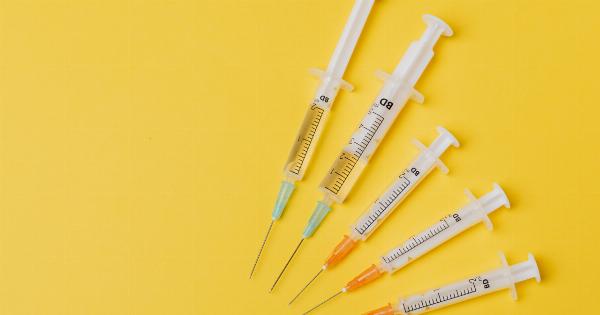Alcoholic beverages have been enjoyed for centuries by people all over the world. However, the consumption of alcohol can have a negative impact on the human body.
One of the effects of alcohol consumption that has gained attention in recent years is its correlation with premenstrual syndrome (PMS).
What is PMS?
PMS is a condition that affects women in the days leading up to their period. Symptoms of PMS can include mood swings, bloating, breast tenderness, headaches, and fatigue.
Studies on Alcohol and PMS
Several studies have been conducted to investigate the relationship between alcohol consumption and PMS symptoms.
Study 1: Alcohol Intake and PMS
A study published in the Journal of Women’s Health in 2011 found that women who consumed more than one alcoholic beverage per day had a higher risk of experiencing PMS symptoms than those who consumed less than one alcoholic beverage per day.
The study also found that women who consumed more than two alcoholic beverages per day had a significantly higher risk of experiencing PMS symptoms.
Study 2: Alcohol Consumption and PMS Severity
A study published in the Journal of Womens Health Care in 2016 found that higher levels of alcohol consumption were associated with worse PMS symptoms.
The study found that women who consumed more than six alcoholic beverages per week were 45% more likely to experience severe PMS symptoms than those who consumed less than one alcoholic beverage per week.
Study 3: Effect of Alcohol on Hormones
A study published in the Journal of Clinical Endocrinology in 2000 found that alcohol consumption can have a negative effect on the hormonal system.
The study found that alcohol intake can increase levels of estrogen and decrease levels of progesterone, which can contribute to the development of PMS symptoms.
Why Does Alcohol Affect PMS?
The exact mechanism by which alcohol consumption affects PMS symptoms is not fully understood. However, it is believed that alcohol can interfere with the balance of hormones in the body, which can lead to the development of PMS symptoms.
Conclusion
The studies suggest that there is a correlation between alcohol consumption and PMS symptoms.
Women who consume more than one alcoholic beverage per day are at an increased risk of developing PMS symptoms, and those who consume more than two alcoholic beverages per day are at a significantly higher risk. Moreover, alcohol consumption can worsen PMS symptoms by affecting the hormonal system.




























